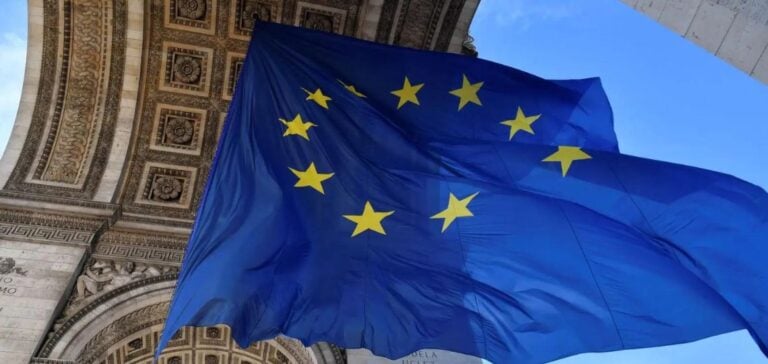The reform of the EU electricity market will enable consumers to benefit from more stable energy bills, independent of short-term fluctuations in fossil fuel prices. The new measures will offer consumers the right to choose from a variety of contract types, including fixed-price contracts for cost predictability and dynamic-price contracts to benefit from advantageous rates at certain times. EU countries will also have to put in place measures to protect vulnerable customers from electricity or gas disconnections.
Diversified contract options
Consumers will now be able to have several types of contract simultaneously to meet their different energy needs. For example, a fixed-price contract can ensure predictable costs for basic needs, while a dynamic-price contract can be used for energy-intensive appliances, such as electric vehicles, at times when energy is cheaper. This contractual flexibility is designed to offer consumers greater control and security, particularly in a volatile energy market.
Economic impact for companies
Companies and individuals alike will benefit from this reform. The ability to choose from several contracts and benefit from more stable energy prices can help companies better plan their energy costs and avoid the negative impacts of fluctuating energy prices. This is particularly crucial for energy-intensive industries, which are sensitive to variations in electricity and gas prices.
Greater protection for consumers
In addition to contractual options, the reform introduces enhanced consumer protection. EU countries will have to ensure, by all available means, that vulnerable consumers are not disconnected from their energy sources in the event of financial difficulties. These protective measures are designed to provide continuous energy security for all consumers, reducing the risk of disruption to the energy supply.
The reform of the EU energy market promises greater security and predictability of costs for consumers and businesses. By offering diversified contractual options and strengthening protections for vulnerable consumers, the EU aims to create a more stable and equitable energy market.






















